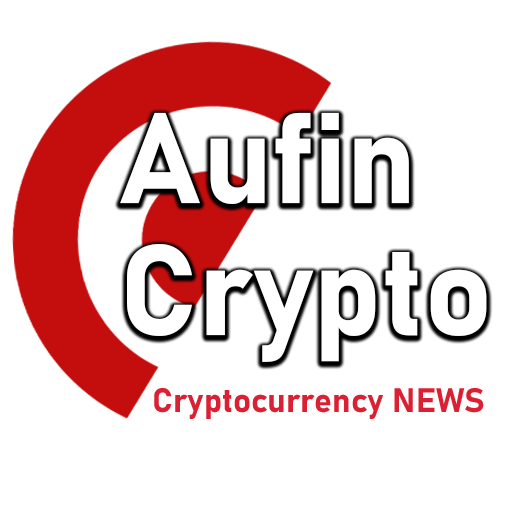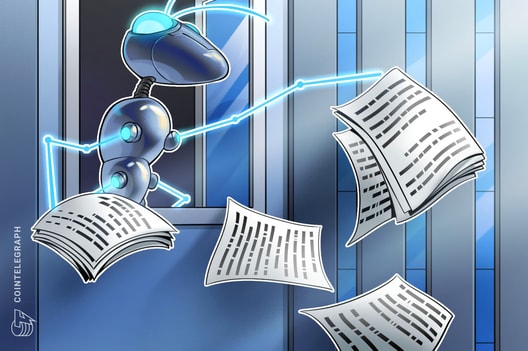In the future, the blockchain may invalidate the notary figure
According to ISTAT, there is one profession that is paid three times more than the others: We’re talking about notary public, a business that many believe could one day be replaced by blockchain.. We don’t want to get into this discussion, but there is no doubt that there are overlapping points: a huge responsibility is entrusted to both the notary and the blockchain, namely to certify the validity of transactions. Without it, the risk of fraud or error will be exponentially higher.
For example, imagine you want to buy a house: what is the value of making sure that the person selling it to you is the real owner? Many things! This type of security plays a big part in many transactions, which is why the notary is paid so generously.
But the advent of blockchain creates automated verification solutionsis supported by technological infrastructure and mathematical algorithms. All this makes the verification process:
- Faster;
- cheaper;
- accessible to everyone, even turning it into an earning opportunity.
If the reasons for the first two points are clear enough, it’s more interesting to explore the third. The big improvement is that blockchain allows democratizing the verification process: if until now was the exclusive competence of a small circle of people, notaries, now it is accessible to everyone. All that is required is to have some capital and make it available for the blockchain we want to contribute.
The two most used operations to date are two. On the one hand, the system “Proof of work,” used, for example, by Bitcoin; on the other hand, the system “Proof of Evidence,” is used by Ethereum instead.
The first is a process that uses computer power to validate transactions; instead the latter uses the blocked capital as a guarantee with the solution of some algorithms. We don’t want to bore you with excessive technical details, but we want to focus on this second model, which is the most popular as well as the most profitable.
Actually you should know this In the Proof of Stake model, there are no special requirements to participate in the transaction verification process.. All you need is to have any capital, buy the token of the blockchain you want to support, and finally roll over these funds.
Specifically, the funds are transferred to a validator, i.e. an organization that provides the infrastructure with the necessary technology to guarantee the validity of a transaction. Each blockchain has several validators and each user is free to choose whom to authorize in exchange for some of the rewards generated by this process. A bit like notaries, verifiers get paid for their work and distribute those earnings to all participating users.
But that’s not all. With DeFi, we can offer a new level that enables us to operate our capital more efficiently and profitably. The limit to the process described so far is that once transferred, we no longer have capital; this reduces our ability to access credit or earn additional income. It was supposedly created to solve this problem “liquid staking” protocols, i.e. applications that allow us to roll over our tokens, but also allow us to receive a usable receipt in the DeFi world. Thus, it is possible not only to earn rewards from the verification process, but also to retain the ability to apply for loans and adopt more advanced trading strategies.
The combination of Blockchain and DeFi opens up hitherto unexplored opportunities, although it should be emphasized that the process is still ongoing and will take time: let’s talk about An experimental technology that brings with it risks that should not be ignored.That’s why it’s always a good habit to research and verify what you’re going to use, even if it may seem like a “bargain”.
Alberto Cuculachi is an entrepreneur, popularizer and university professor in Marketing and Business Development. He has been following the blockchain world since 2013 and founded his YouTube channel DeFi Talks in 2021. It has reached more than half a million people in more than 100 different countries through its channels in the past year. Today, he is engaged in creating useful educational content and tools to make the world of crypto and DeFi accessible to all.
Alessio Vilmercati is a 22-year-old investor and DeFi enthusiast with a Business and Management degree. In 2022, he obtained his Blockchain Technology & Management certificate at the Blockchain Management School in Rome. Predominantly in the world of DeFi, Alessio devotes himself to reviewing dApps every day, looking for new opportunities every day. As an open supporter of this technology and its future application in the traditional world, DeFi Talks collaborates with the YouTube channel.
Federico Chironi is a 23-year-old trader and DeFi enthusiast with a Business Administration degree; He then chose to continue his education with a Master’s degree in Blockchain Technology and Management at the Blockchain Management School in 2021. He has been studying and investing in the blockchain world, especially in the DeFi sector, since 2020. Decentralized Finance, which will bring it in the coming years, has recently been doing outreach activities on the subject in cooperation with the YouTube channel DeFi Talks.
Luigi Travaglini is a popularizer and technical advisor in the cryptocurrency industry. He intersects with the crypto world between 2014 and 2015, then becomes passionate and never breaks himself off. Combining his academic career with a long technical study in the field of blockchain, he started to provide training and assistance services in 2018.

